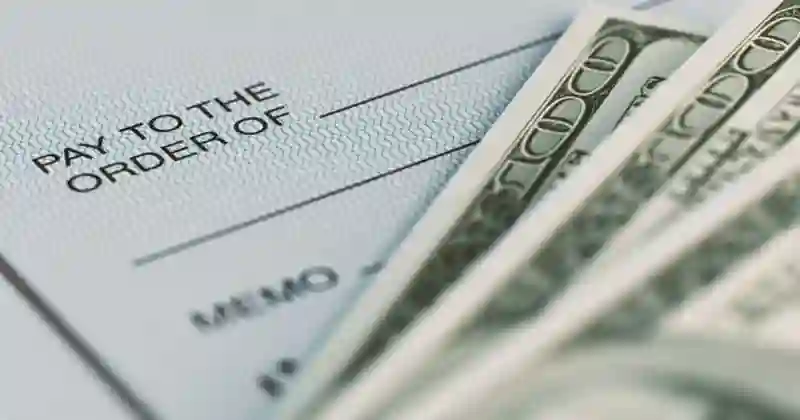When you borrow money to purchase a car, pay for your education or buy a home, you agree to repay the loan according to specific terms. These terms include late payment penalties that can hurt your credit score.
Lenders generally report a missed payment as delinquent after a certain number of days have passed. However, this can vary from lender to lender.
Definition
A loan is considered delinquent if it is not paid in full by its due date. Lenders report 연체자대출 to credit bureaus, and this can have a negative impact on your credit score. Some lenders also sell delinquent debt to collections agencies, which may try to collect on the outstanding balance. However, there are laws regulating how these debt collectors can treat you and what they can do.
A lender will generally consider a loan delinquent if it is 30 days past its due date. However, it is important to remember that delinquency can sometimes occur even if you miss just one payment. If you are delinquent for a long period of time, your credit report will be marked as defaulted. Depending on the terms of your loan, this can have severe consequences for your financial future.
Mortgage delinquency is a common form of delinquency, and it can lead to foreclosure on your home. It can also affect your credit score and make it difficult to get new loans in the future. Fortunately, many lenders will work with borrowers to find a solution that helps them avoid foreclosure and stay current on their mortgage payments. This could include working out a payment plan or forbearance agreement. If you are delinquent on your mortgage, it is important to take action quickly.
Impact on credit score
The impact of loan delinquency on your credit score depends on the severity and how quickly you catch up. A missed payment is reported to the three major credit-reporting agencies by your lender and will hit your credit score, typically causing a 100-point drop for every month that your loan remains delinquent. That’s because your payment history makes up about 35% of your credit score, according to FICO.
A lender considers an account delinquent when you miss a payment, though the precise definition can vary by type of debt. The debt may go into default before it hits your report, which is much more serious than just being late with a payment. Defaults can lower your credit scores significantly and make it difficult to get 금융계산기, credit cards or rent homes.
It may take a few months to reach delinquency, but it’s best to try to pay up as soon as possible. That way, you can avoid fees and penalties, but also keep your credit score from plummeting. You may still be able to negotiate with your creditors to make payments or settlements that leave you with a positive mark on your credit report. According to the newest versions of both FICO and VantageScore credit scoring models, paying or settling a delinquent debt can actually boost your credit score.
Lender’s rights
If you’re delinquent on a loan, your lender has several options for collecting the money you still owe. They may contact you directly to request payment or they might send your debt to a collection agency, which has its own laws for how it can legally collect on your unpaid debt.
Lenders usually want to get their money back, so they’ll often work with borrowers to bring the loan current. They might extend the term of the loan or provide lower installment payments. They might even forgive some of the debt.
Some loan agreements include “no waiver” and “reserve of rights” clauses, which are intended to ensure that a lender’s failure to enforce its contract terms or delay in doing so does not waive its right to do so later. However, these clauses aren’t effective in all circumstances.
Options
If you have missed loan payments, there are several options available to you to get back on track. However, it is important to know that delinquency can have severe consequences. If you’re not able to repay your debt, it’s important to contact your lender as soon as possible to see what options are available.
Most lenders have a grace period, which is a short window of time after you miss a payment before the lender starts penalizing you. During this period, the creditor will usually work with you to come up with a new payment plan. This is a great way to avoid delinquency and default and save your credit score from being hurt.
However, if you fail to catch up on your loan payments after the grace period, you will be placed in delinquency. This can lead to higher interest rates and late fees, which will hurt your credit score. If you’re still unable to make your payments, your lender may choose to pass your account to a collection agency.
Depending on the terms of your contract, your lender may report your delinquency to consumer credit bureaus or business credit bureaus. Once your account goes delinquent, it will stay on your credit report for up to seven years. This can damage your credit score and make it difficult for you to obtain credit in the future.










